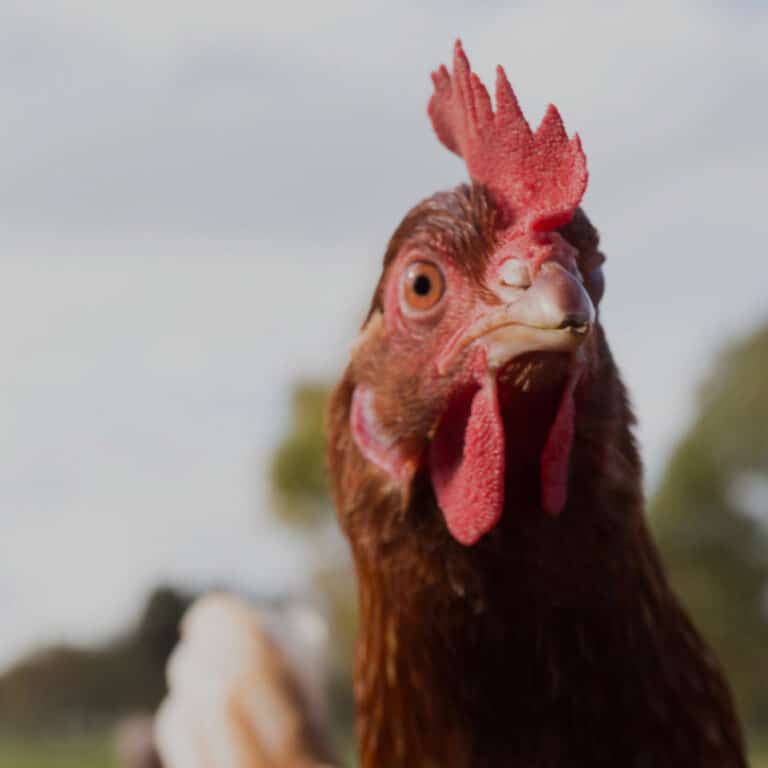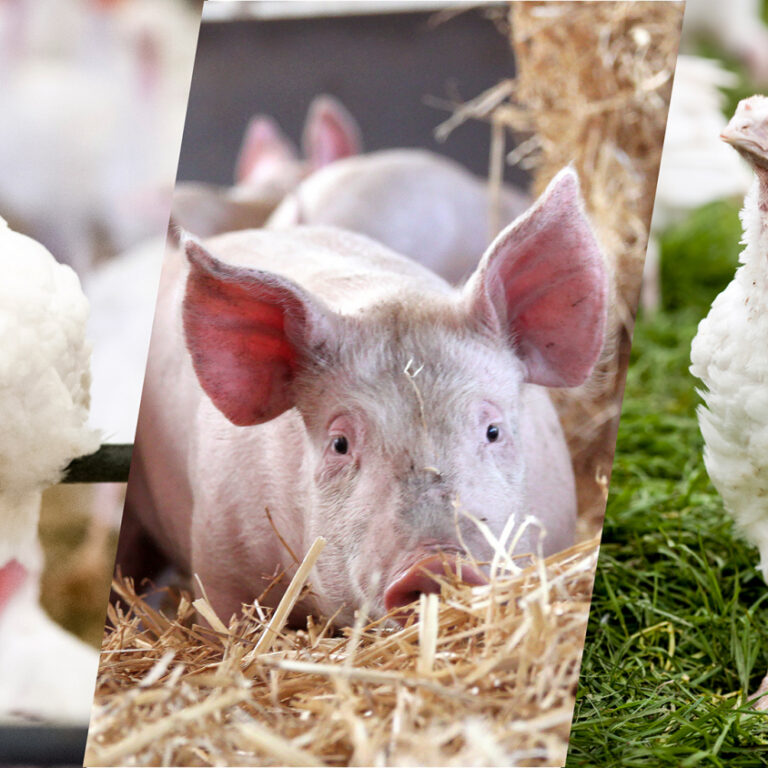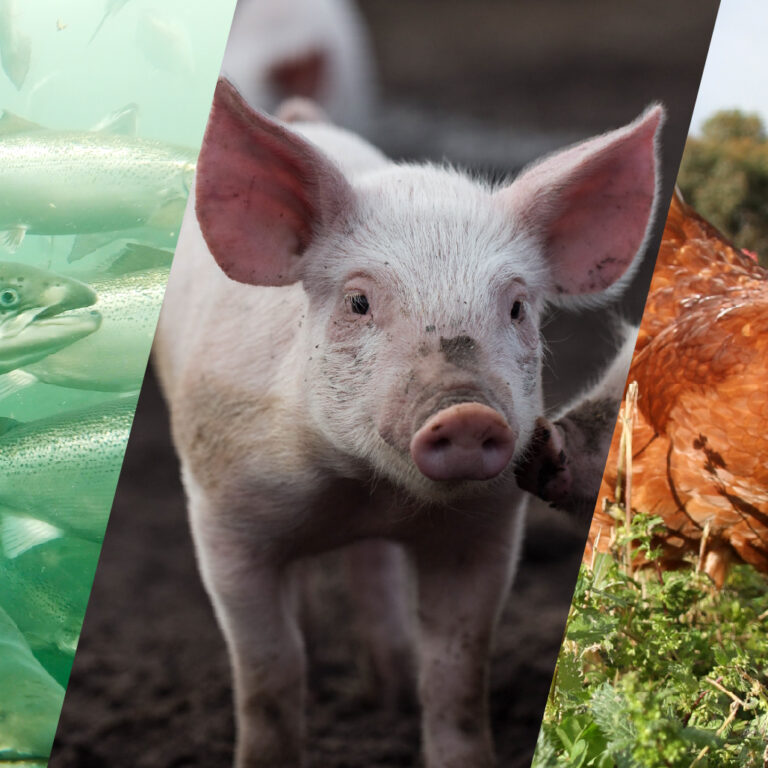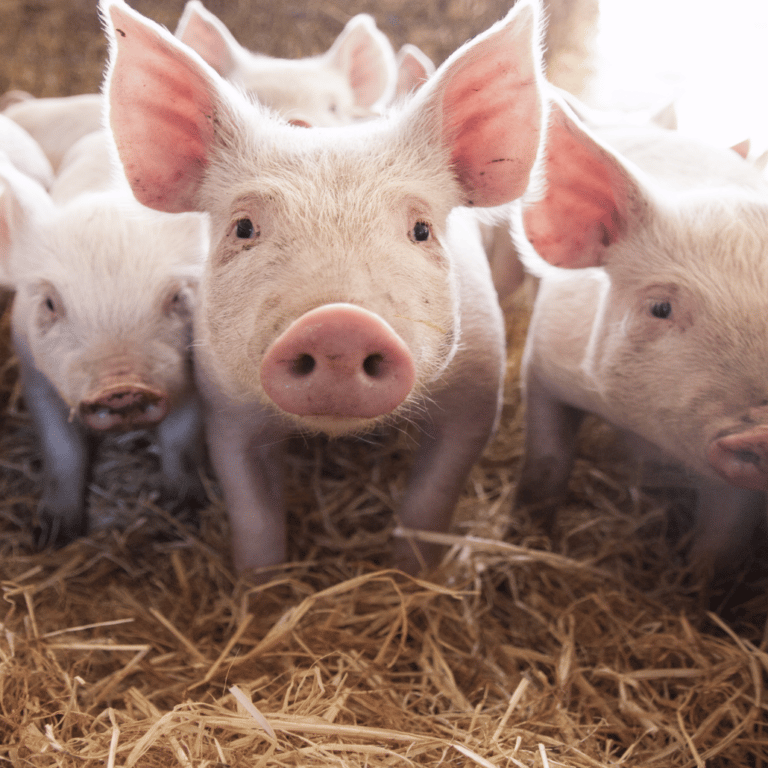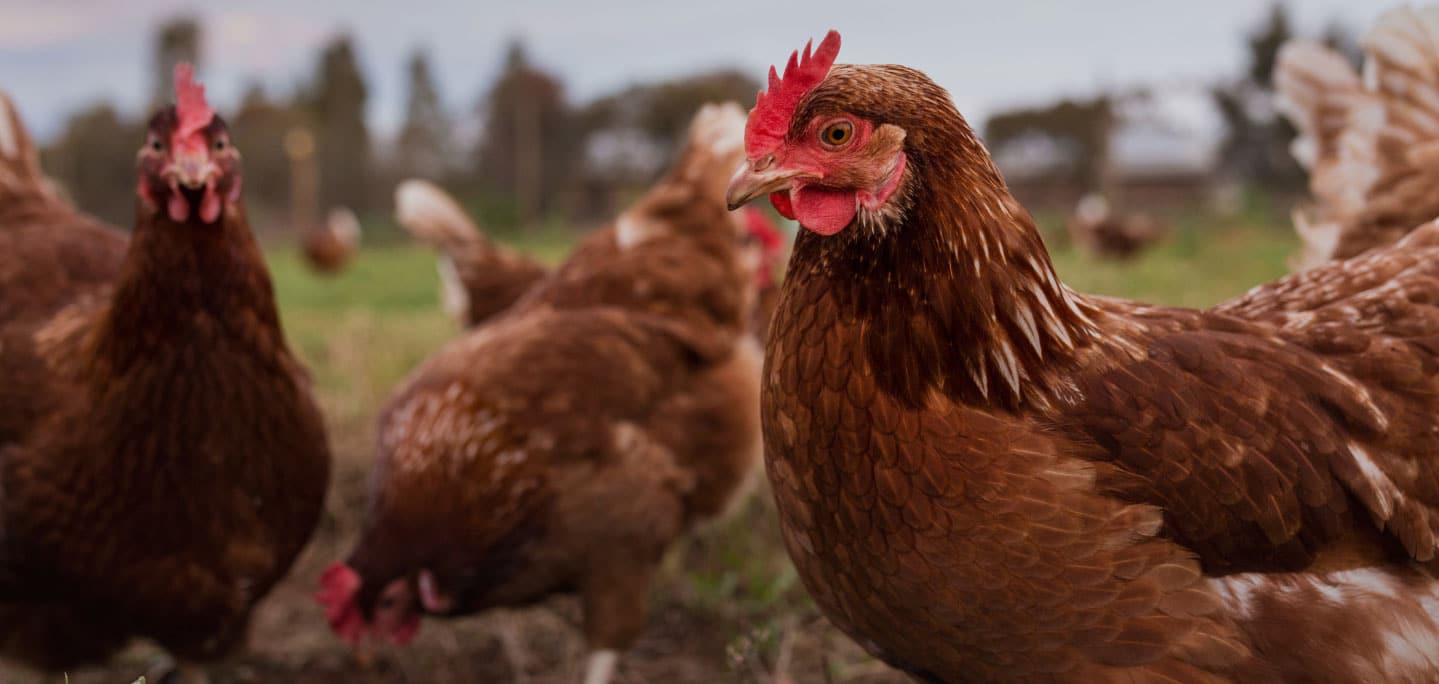You might have heard some recent discussion in the media about ‘free-range’ and ‘bred free-range’ pork, and arguments that the latter is not all that it’s cracked up to be. For those interested in buying higher welfare pork, here’s the RSPCA’s recommendations on what to look for.
The RSPCA believes that both free-range and bred free-range pig farms can both effectively meet a pig’s health and welfare needs but ultimately it’s good management on the farm that defines a good welfare system.
Basically farming terms like free-range or bred free-range mean nothing if they belong to a system that isn’t managed well and not supported by independent, transparent and audited standards. And a label means nothing if it’s not understood or can’t be trusted by consumers.
So what do both farming terms actually mean?
Pigs on a free-range pig farm are bred and raised outdoors. They have access to shelter and breeding sows have spacious farrowing huts to give birth in and feed their piglets. A good free-range farm provides plenty of mud for pigs to wallow in and opportunity for foraging and rooting.
Pig raised on a bred free-range farm means that the sows live and breed in a free-range environment but the weaned piglets are grown out in sheds or eco-shelters. An eco-shelter is a large open-sided shed with a floor covered in straw for the pigs to root in. A well-managed bred free-range pig farm is just as good for pig welfare as a free-range system.
The key thing to remember when buying pork labelled with either of these terms is to check that the free range or bred free-range pork you buy is certified by an independent body you trust.
The RSPCA’s Approved Farming Scheme sets out standards for systems that are indoors, outdoors or a combination of both. Central to the standards is the belief that pigs should have the freedom to express their full range of natural behaviours from wallowing to rooting to farrowing.
Probably the biggest thing that sets the RSPCA standards apart from conventional pig farming is the elimination of sow stalls and farrowing crates. RSPCA Approved farms also don’t carry out teeth clipping, tail docking, nose ringing or surgical castration. Nor do the piglets grow out in barren concrete pens.
The Standards are based on five freedoms that provide a comprehensive framework for assessing the welfare of an animal on a farm. These freedoms cover food and water; environment and housing; animal health and husbandry; management; transport and slaughter.
Pork stamped with the RSPCA Paw of Approval, such as Otway and Gooralie has been farmed to these independent standards. So regardless of the system and whether it’s free range or bred free-range or, if it’s RSPCA Approved pork than you can trust it’s ok!

